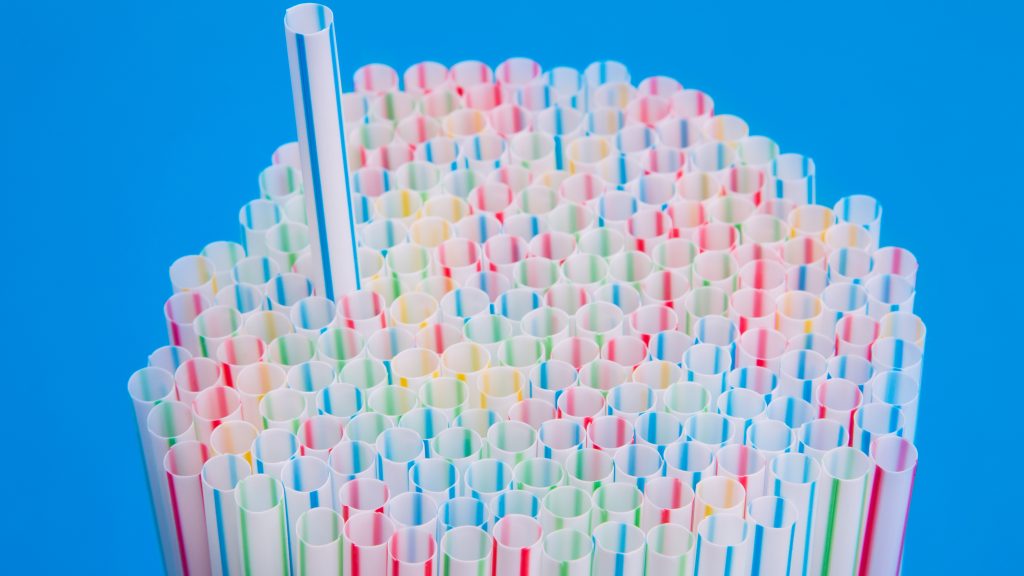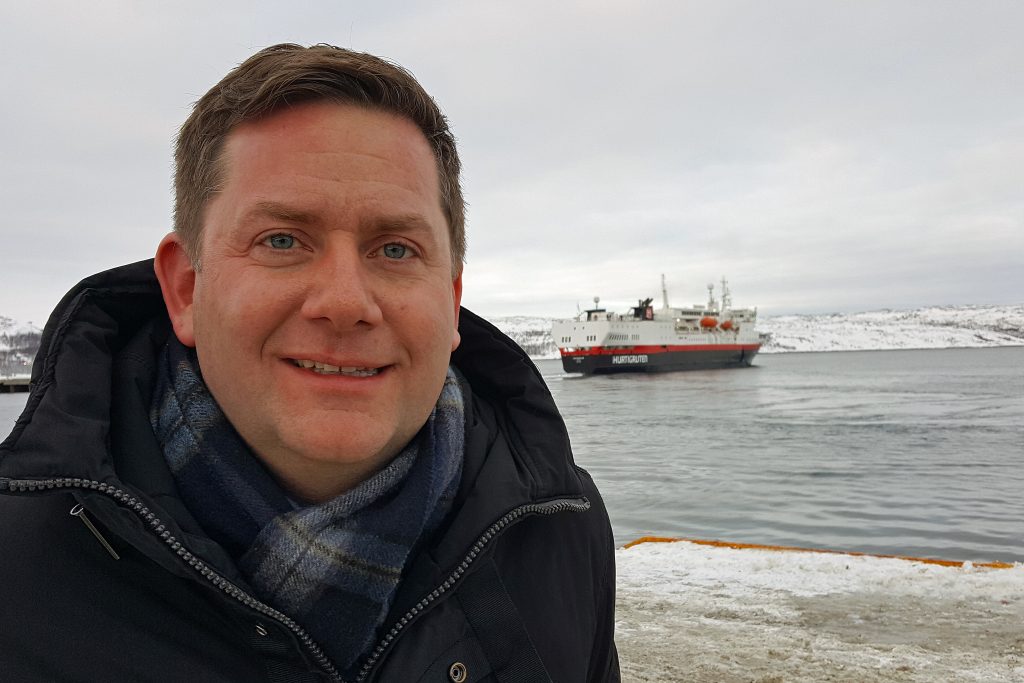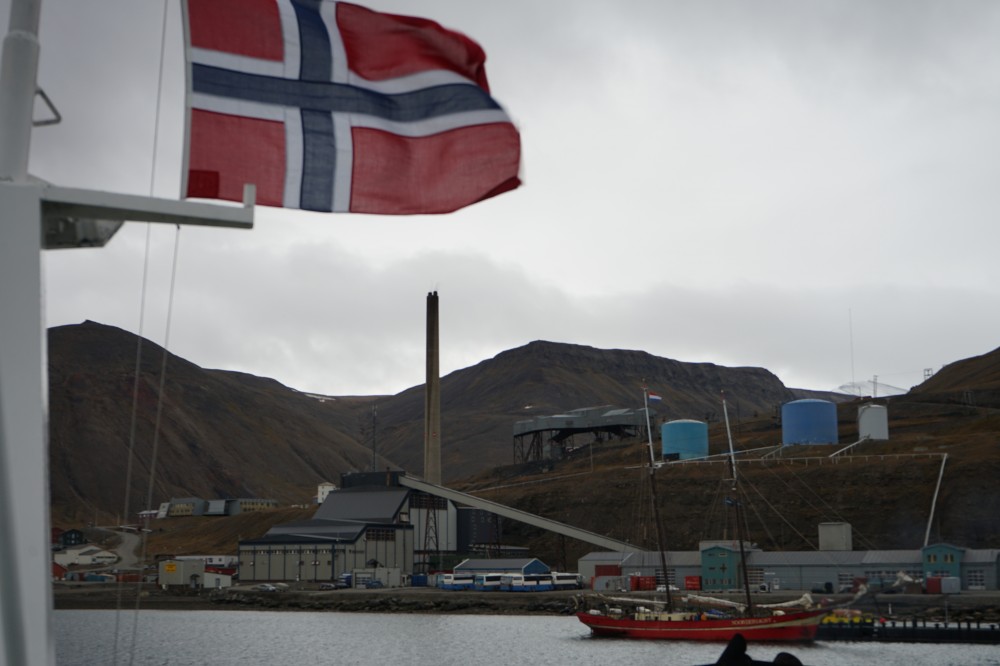Norwegian cruise company phases out single-use plastics from its Svalbard establishments

Additional to its cruise ships, Hurtigruten’s ban will be imposed on all land-based operations, like hotels, restaurants and other establishments in Longyearbyen, the largest town on the Arctic archipelago of Svalbard.
This summer, Hurtigruten removed all plastic straws, drink mixers, plastic cups, coffee lids and plastic bags from its ships sailing the coast of Norway and expeditions in the Arctic and Antarctica.
The cruise liner says the goal is to become the world’s first plastic-free shipping company. With that, also the land-based operations at Svalbard have to get rid of the single-use plastics.
Hurtigruten CEO Daniel Skjeldam says it is time to take action, not only talk about the problem.
“Plastic pollution is the single biggest threat to our oceans. Hurtigruten operates in some of the most vulnerable areas in the world. This means that we carry a special responsibility to protect these areas for the local population and future generations of explorers,” Skjeldam says.

Skjeldam is challenging all Hurtigruten’s suppliers to reduce the use of plastic.
“No one can win the war on plastic alone without allies. This is why we impose high obligations on our suppliers. Our goal is to become the world’s first plastic-free shipping company. This is our first step,” Skjeldam says.
The crew on board Polargirl – a smaller day-tour ship with Longyearbyen as homeport during summer season, welcomes Hurtigruten’s challenge. From next season, the use of single-use plastic will come to an end, the crew assures the Barents Observer.
Other cruise companies following
Hurtigruten is not alone in the fight against disposable plastic products on their ships. Last week, MSC Cruises, the world’s largest privately held cruise company, announced its commitment to eliminate single-use plastics from its entire fleet globally and introduce sustainable alternatives. “If available,” the company says.
By the end of the year, all plastic straws will be removed from MSC’s ships and replaced with 100% compostable and biodegradable substitutes. By March 2019, all plastic shopping bags, spoons, glasses and other single-use plastic items will be permanently phased out.
Most expedition companies sailing Arctic waters have teamed up in the Association of Arctic Expedition Cruise Operators (AECO). Earlier this year the association got a grant of 1,8 million Norwegian kroner (€191,000) from the Svalbard Environmental Protection Fund to enhance ongoing efforts to facilitate beach cleanups at Svalbard. Both crew and passengers on expedition ships participate on their voyages.

Frigg Jørgensen, Executive Director of AECO says the expedition cruise industry would like to set an example of how the tourism industry can contribute to sustainable development.
“Clean oceans are an issue that our members are extremely passionate about. For years, the Arctic expedition cruise industry has involved thousands of passengers in volunteering to pick garbage when they go on landings. As part of this new project, we will examine the whole value chain to reduce the risk of plastic finding its way into our oceans in the first place. Our members would like to be part of the solution, and that involves finding alternatives to disposable plastic products on their ships,” Jørgensen says.
“Our ambition is to change people’s attitude towards disposable plastics. We want to show people that there are good alternatives to things like plastic straws and plastic packaging. It’s not too late to tackle the issue of plastic marine debris, but we have to act now.”
Related links from around the North:
Canada: Canada announces investments to tackle illegal fishing and discarded fishing gear, Radio Canada International
Finland: Citizens’ initiative prompts Finnish lawmakers to consider microplastics ban, Yle News
Norway: Plastic on Svalbard: “I could never believe it was this bad”, The Independent Barents Observer
Russia: Polar bears greatly exposed to toxic chemicals in eastern Barents Sea, The Independent Barents Observer
Sweden: Swedish raft made from trash draws attention to plastic pollution, Radio Sweden
United States: Trump signs Alaska-backed bill targeting plastic trash in ocean, Alaska Public Media



